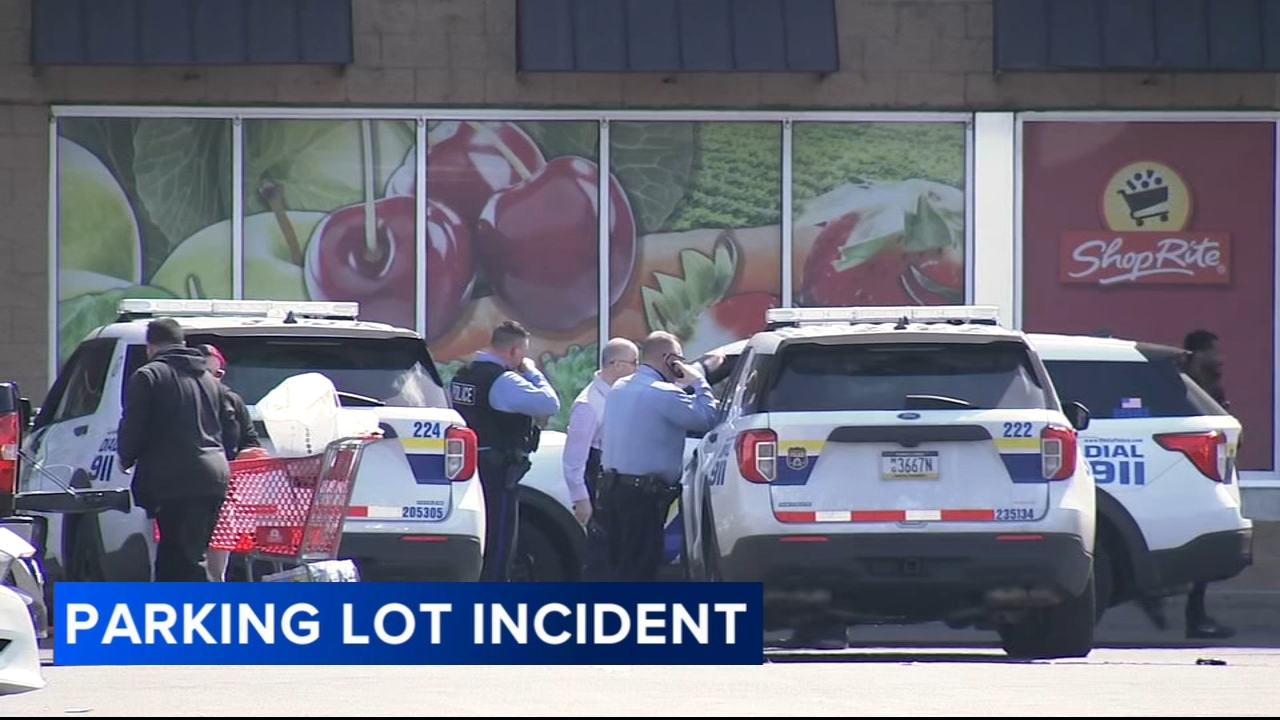Local nonprofit launches community fridge to help address food insecurity in Philadelphia
The nonprofit is giving out 150 pounds of food per week with the help of neighbor donations.
PHILADELPHIA (WPVI) -- The brightly colored fridge between 12th and 13th streets in Philadelphia's Spring Garden section may look small, but the impact it's having on the neighborhood is massive.
"People can literally just walk by, open it up, look to see what we have, and take what they need," said Janice Tosto, who is the hunger relief supervisor for Bebashi Transition to Hope.
Bebashi stands for Blacks Educating Blacks About Sexual Health Issues, a nonprofit in Philadelphia since 1985.
"We are actually the first African-American organization in the country to address the HIV AIDS crisis," Tosto said.
Tosto says her focus on hunger in Philadelphia is key to addressing food insecurity.
"It grieved my heart a little bit because I know how important it is for families to eat and to have a sufficient amount of food to sustain themselves just for survival," said employee Sonya Carroll.
Caroll helped come up with the idea for the community fridge.
The team already had a pantry inside the organization that served about 7,500 families and individuals last year during business hours. But they wanted to operate 24/7, and the fridge became a solution.
They're giving out about 150 pounds of food per week through the fridge with the help of neighbor donations.
"I brought hot chocolate, I brought hot tea, and coffee, of course, everybody needs their coffee," said Dorothy Townsend, a neighbor.
The most recent and popular addition to the fridge isn't even food.
Things like face masks and hand wipes have been very popular with COVID-19 cases spiking.
The team wanted to protect the community as well as feed it.
"We're trying to protect people from this virus, and they don't have money, they don't have hand sanitizer," said Carroll.









